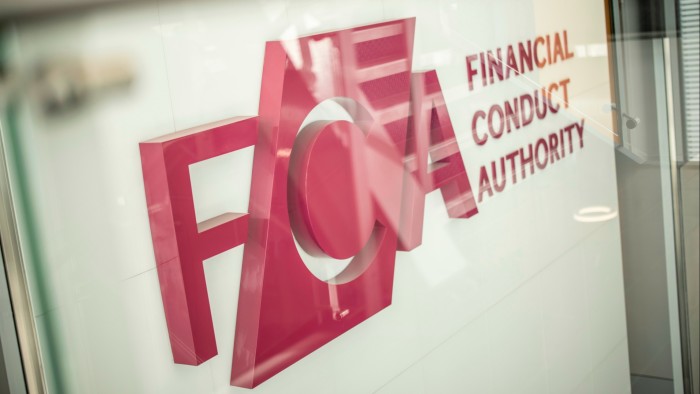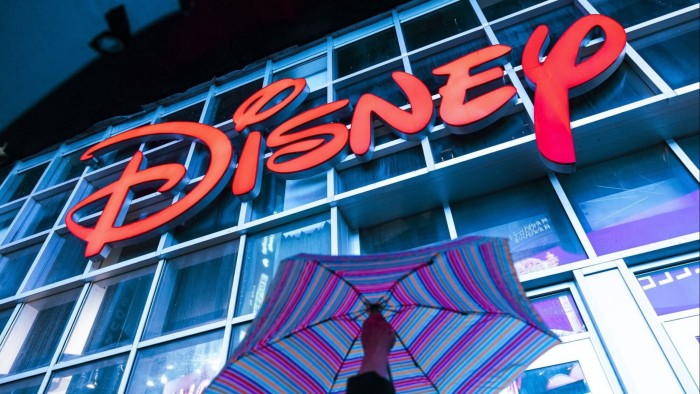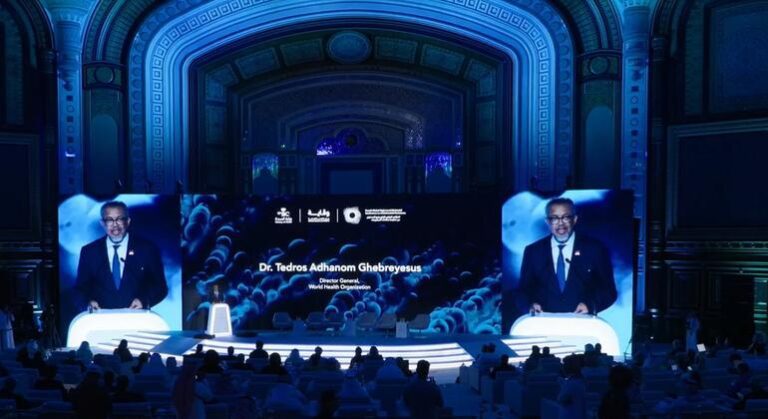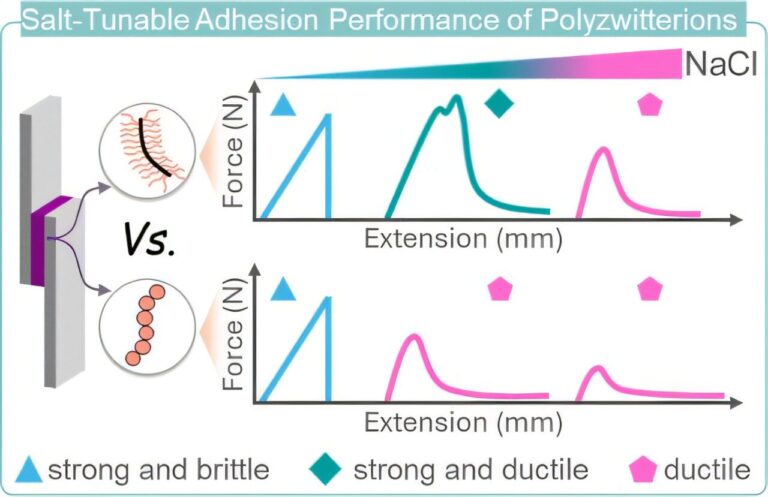
Bristol Myers Squibb drafts contingency plans for US restrictions on Chinese pharma
Unlock the Editor’s Digest for free
Roula Khalaf, Editor of the FT, selects her favourite stories in this weekly newsletter.
Bristol Myers Squibb is working on contingency plans to “protect the continuity of supply” of medicine in preparation for draft US legislation seeking to restrict Chinese pharmaceutical companies over national security concerns, according to its finance chief.
The Biosecure Act, introduced in the US Congress in January, would prohibit US companies receiving federal grant money from working with WuXi AppTec and any related entities. Three other Chinese companies are named in the draft legislation, including gene sequencing group BGI Genomics.
The US drugmaker, a top-10 pharma company by sales, relies on WuXi AppTec sister company WuXi Biologics to manufacture some of the active pharmaceutical ingredients in its blockbuster cancer pill Revlimid, according to industry tracker GlobalData.
“If there are any political changes that occur in Washington as it relates to using manufacturers in China, we’ll be prepared to address those to protect the continuity of supply,” said David Elkins, BMS chief financial officer, ahead of the company’s first-quarter results on Thursday.
Elkins also called on Congress to ensure existing contracts would be allowed to run to their end to give “all manufacturers the opportunity to move manufacturing appropriately”. An amended US Senate version of the bill includes some exceptions for existing contracts, but how that will be applied in practice is not clear.
If enacted, the bill will have far-reaching consequences for the US pharmaceutical industry. WuXi Biologics helps to produce the chemicals underpinning 24 commercialised drugs and hundreds more medicines being studied in clinical trials, according to company data. WuXi AppTec is also widely used by cell and gene therapy drugmakers.
BMS uses WuXi Biologics to produce some ingredients in Revlimid, which generated $1.4bn in the first quarter despite coming off patent in 2022. Elkins declined to comment on the details of the contracts with WuXi.
“We are tracking any and all legislation, regulatory and administrative actions that might impact the industry, cell therapy and our company, as it relates to the Biosecure Act,” said Adam Lenkowsky, BMS’s chief operating officer.
“That’s what we do as a leadership team . . . is ensuring that we have back-up supply if there are any issues, regardless if it’s a regulatory issue or if it’s a natural disaster or if it’s some sort of geopolitical [issue],” said Elkins.
The comments from the BMS executives came as the drugmaker posted a net loss of $11.9bn in the first quarter following a spree of acquisitions, including the $14bn takeover of schizophrenia drugmaker Karuna Therapeutics, at the end of last year to plug a gap in revenues because of upcoming patent expiries.
Sales at BMS in the three months to the end of March stood at $11.9bn, up 5 per cent from the same period last year.
Chris Boerner, BMS’s chief executive, said the drugmaker had “important advances in our pipeline and the closure of several strategically important transactions” in the first quarter, adding that his focus remained on “strengthening the company’s long-term growth profile”.
WuXi Biologics and WuXi AppTec did not immediately respond to requests for comment.






